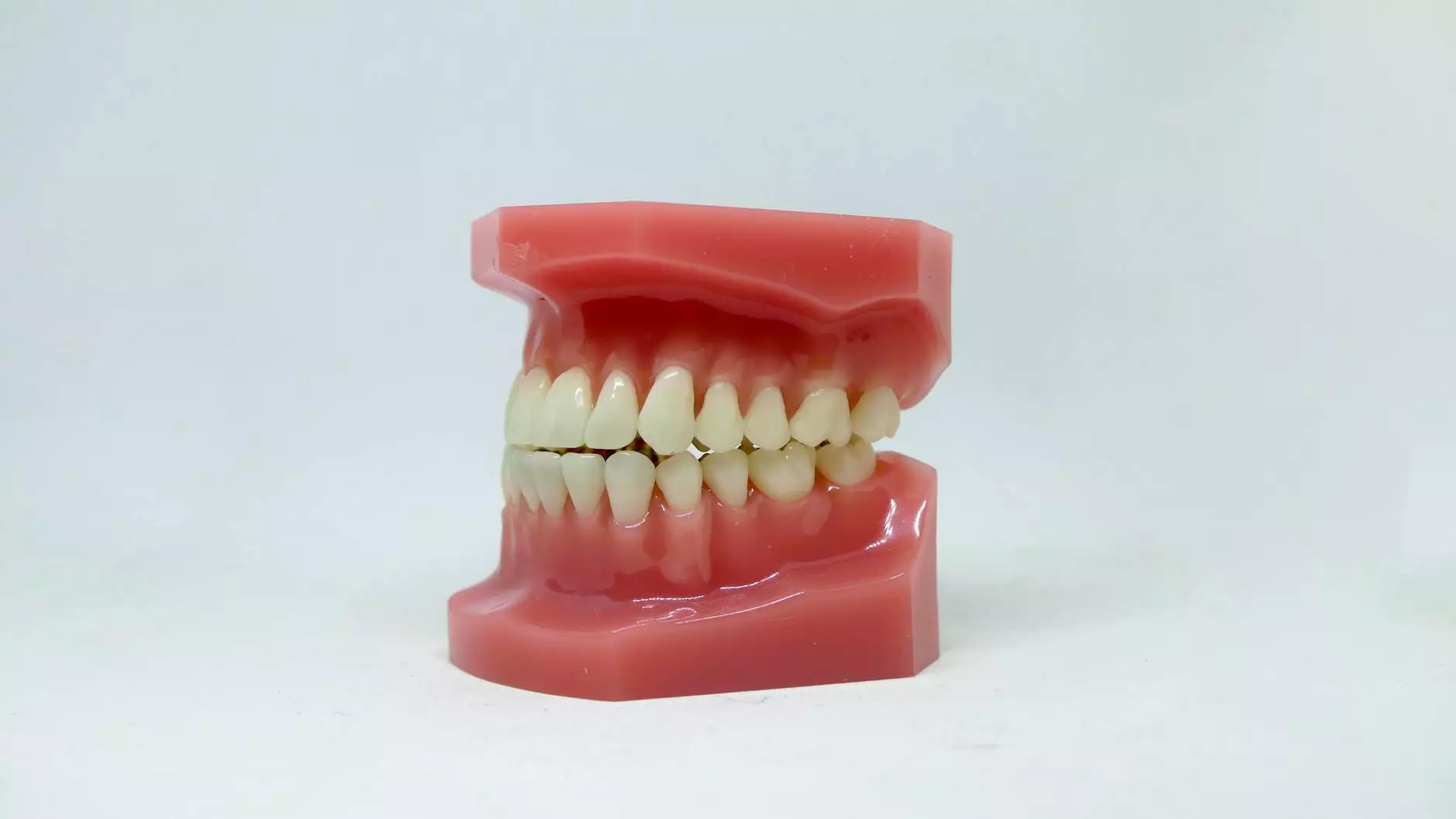Eating Disorders & Oral Health - Folsom
Blog
Welcome to the comprehensive guide on the impact of eating disorders on oral health. Hera Z Blazer, DDS is committed to providing premium education on oral health and dental services in Folsom, California. In this article, we will delve into the topic of eating disorders, specifically anorexia nervosa and bulimia, and how they can profoundly affect your teeth, gums, and overall dental health.
The Connection between Eating Disorders and Oral Health
Those suffering from anorexia nervosa or bulimia often experience severe nutritional deficiencies due to insufficient food intake or purging. These deficiencies, along with other harmful practices associated with eating disorders, can have detrimental effects on the oral cavity.
Effects of Anorexia Nervosa on Oral Health
Anorexia nervosa is characterized by an intense fear of gaining weight, leading to severe food restriction. The lack of proper nutrients, especially calcium, can weaken the enamel, which is the protective layer of the teeth. As a result, individuals with anorexia may experience increased tooth sensitivity, gum problems, and an increased risk of tooth erosion or decay.
Additionally, the constant self-induced vomiting associated with anorexia can introduce stomach acid to the mouth, leading to enamel erosion, bad breath (halitosis), and a higher susceptibility to cavities. Dry mouth and swollen salivary glands are also common side effects, making it more challenging for the saliva to neutralize acids and protect the teeth.
Effects of Bulimia on Oral Health
Bulimia involves cycles of binge eating followed by compensatory behaviors such as self-induced vomiting or excessive exercise. Similar to anorexia, bulimia can result in nutrient deficiencies and subsequent oral health problems.
The frequent exposure of the teeth to stomach acid due to vomiting erodes the enamel, leading to tooth sensitivity, discoloration, and increased risk of cavities. The pressure exerted while vomiting can also cause swelling and damage to the salivary glands, resulting in dry mouth and difficulties in swallowing or speaking.
Moreover, the reflex of placing fingers or objects in the mouth to induce vomiting can cause trauma to the soft tissues, including the gums and roof of the mouth, leading to inflammation, ulcers, and an increased risk of infections.
Prevention and Treatment
If you or someone you know is struggling with an eating disorder, it is crucial to seek professional help as soon as possible. Alongside the necessary medical and psychological support, maintaining good oral hygiene practices is vital to alleviate some of the oral health issues associated with these disorders.
Regular dental check-ups with Hera Z Blazer, DDS in Folsom can help detect any early signs of dental problems and provide appropriate treatment. Additionally, your dentist may recommend specific oral rinses or prescribe fluoride supplements to strengthen the teeth and protect against decay.
Conclusion
Eating disorders, such as anorexia nervosa and bulimia, can have severe consequences on oral health. The nutrient deficiencies, vomiting, and harmful practices associated with these disorders can lead to tooth erosion, decay, gum problems, and other oral complications. Seeking professional help, combined with regular dental care, is essential in mitigating the damage and promoting oral health.
Visit Hera Z Blazer, DDS in Folsom for a comprehensive examination and personalized treatment plan. We are dedicated to improving your oral health and overall wellbeing.
Disclaimer: This article is not intended to provide medical advice, diagnosis, or treatment. Please consult with a healthcare professional for specific medical concerns.




